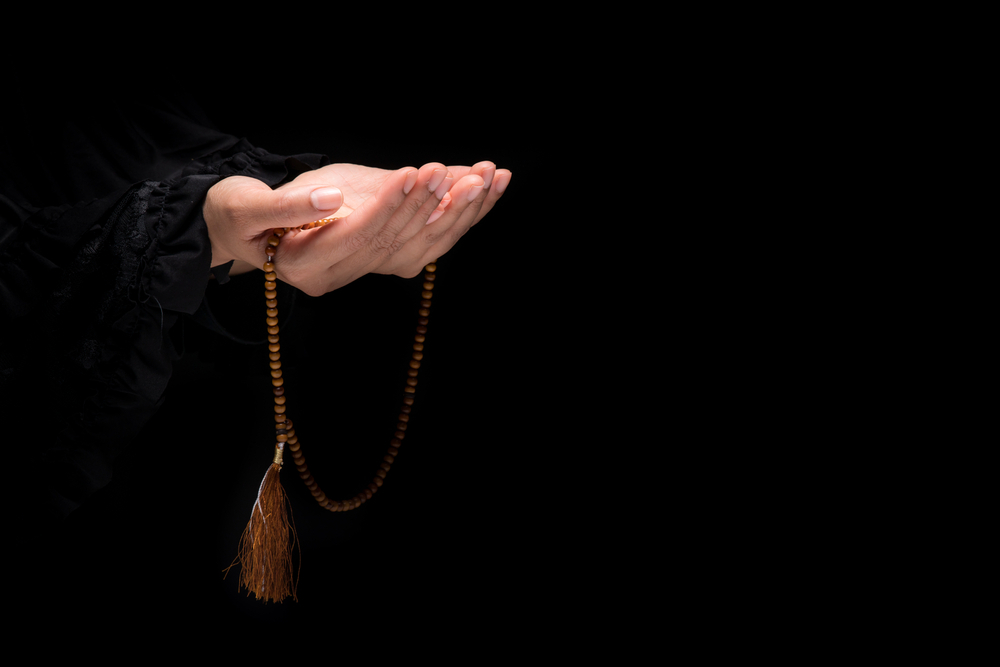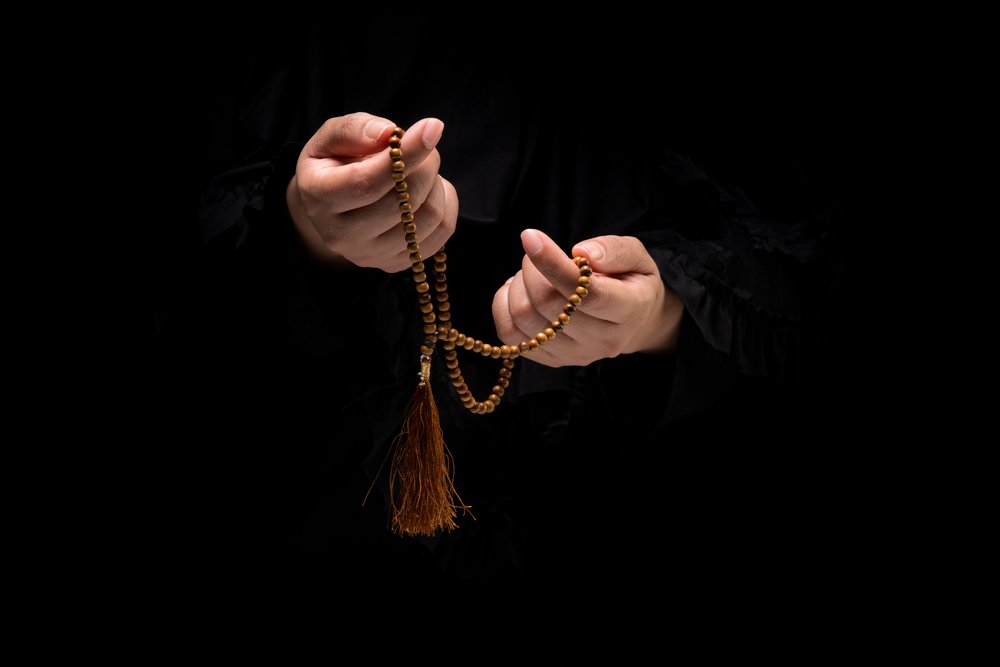Islamic Prayer Beads

Chapter 1

Tawhid is the worship of God in Islam. It translates as "God is Great", and is used in prayer. Tawhid has three major forms: prayer tasbih, Muslim prayer tasbih, and general tasbih. Tawhid prayer means "prayer", and is usually recited silently by an imam. In general, tasbih means "to be pleased with", and is repeated by a scholar before prayer. In prayer tasbih, the Namaz can also be recited by the congregation.
Tawhid is performed 34 times in Allahu akbar, which is considered to be a standard procedure in Islam. It is an act of worship and is to be performed by a Muslim believer in front of other Muslims. The Namaz can be recited by anyone who is in front of the person reciting the Turkish prayer beads (tasbih), and the recitation is not allowed to be broadcast inaudible quality.
Like all the basic principles of Islamic law, tasbih also consists of three pillars; al-amirkabir, shariah, and tafri. Each of these pillars has its own rules regarding its observance, and each has its own rewards and punishments. For example, the shariah includes punishments for breaking rules, like one-year imprisonment and a heavy fine. On the other hand, tafri is the reward for good conduct, and Muslims are enjoined to offer prayer to the Highest.
Unlike many other Muslim rituals, such as the daily prayer, the tasbih has several components. One of those is offering prayer beads to the dead. The concept is that since the person is now beyond the age of Jannat, his soul will go straight to Allah. Therefore, in order to make him nearer to his creator, the deceased's body is decorated and given burial rites in order to appease the gods and the dead ancestors.
After the burial rites are complete, the funeral prayer, known as nafweed, is said. Then, it is time to start reciting the Namaz, or verses of paradise prayer tasbi, in front of all the people, including males and females who are present in the gathering. Each recitation must be incorrect Islamic fashion, following the Islamic tradition. Recitation is intended to praise Allah, as well as the angels, and peace and tranquility all around. Tasks associated with Namaz also include the recitation of naats dedicated to the deceased, who are often religious verses.

However, tasbih can be adapted to different prayers and ceremonies. Some Muslims, especially the followers of Islamic tradition, use the Namaz as a commemoration of their loved ones who have passed away. In this case, the tasbih may not take the form of a formal prayer; instead, it can be something simple, like a donation or some kind of good luck ritual. On the other hand, the Arabic language sometimes allows the recitation of verses of the qara, which are formal written prayer, rather than the traditional Arabic Namaz. Still, both tasbih and qara can be recited together as one, with the recitation being done in Arabic as well.
Recitation of both qara and nafweed (symbolized by Arabic lettering) represents the hope that one day the deceased will be laid to rest and in heaven, the souls of those who had been near him will receive justice. Reciting these two Islamic prayer beads, or tasbih, as well as the general Mubarak (general supplication) in Arabic, is usually performed before dawn. The Namaz is recited at sundown, as is the customary sunset prayer in Arabic.
Besides the two Tasbeeh (prayer beads), the other important elements of tasbih. The bow is traditionally made from a rosewood branch and is adorned with gold and silver decorations. The headdress is usually long and drapes to conceal the face of the deceased. The colors used in these decorations are usually the same colors as those used in the funeral ritual; for example, if the deceased was born in yellow, the funeral ritual will often feature the same hue. Other materials, such as satin or silk, can be used, but they are less common.


